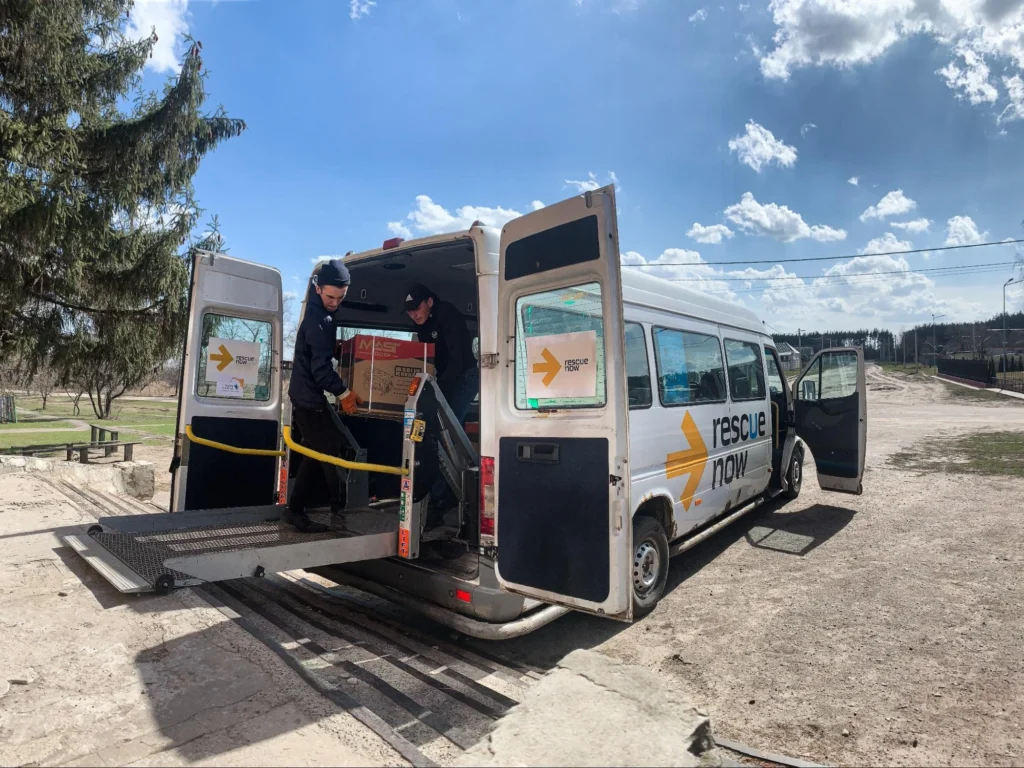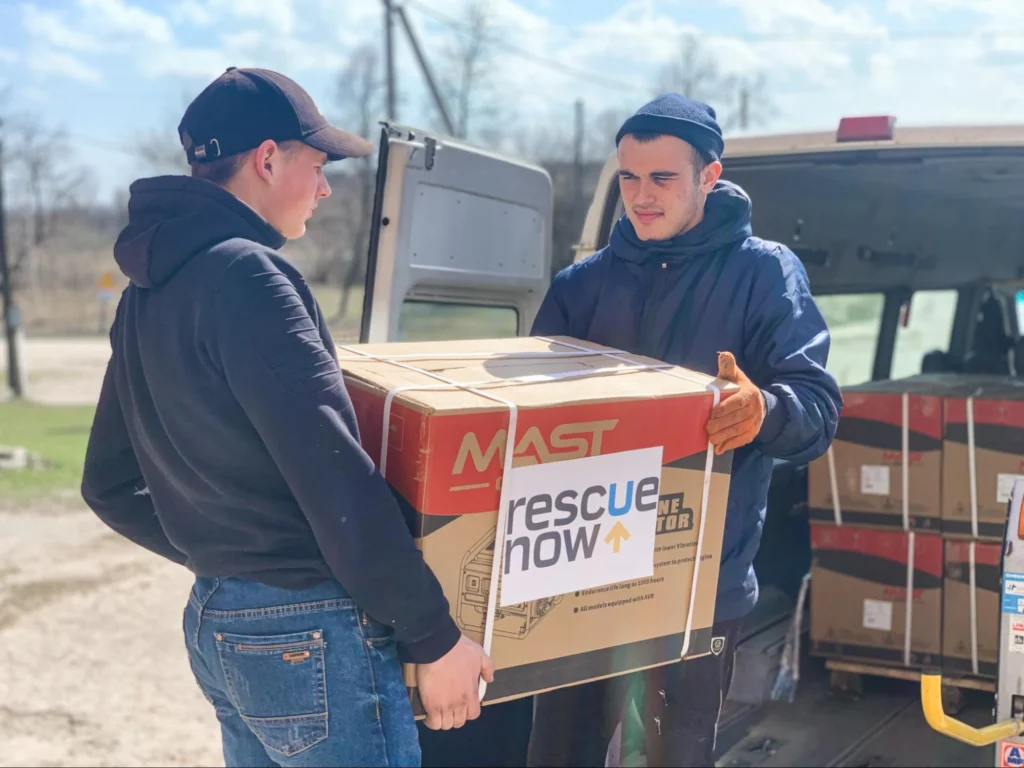Why generators are the new black, or how Ukrainians survive blackouts

Generators — you wouldn’t have heard this word very often before the full-scale invasion, but now, they are a hot item in Ukraine. The reasons, of course, are not good. Let us explain.
Russia wants Ukrainians to fall into despair. To achieve that, they target civilian
infrastructure, particularly Ukraine’s energy facilities. Over the last two years, Russia has attacked Ukrainian power plants more times than we can count, leaving Ukrainians without electricity for hours or sometimes days. People have adapted as best as they could, trying to keep the spirits high and even romanticizing candlelit, offline days. But that doesn’t mean the situation isn’t dire.
In March 2024, Russia attacked Dnipro Hydroelectric Station, Ukraine’s largest hydroelectric power plant, leaving it in critical condition. The attack disrupted the energy distribution and the lives of millions of people in the eastern part of Ukraine. Yet again, some communities found themselves in a blackout.
Rescue Now helps a lot in Ukraine’s Kharkiv region. Many communities there have not had reliable electricity supply for over two years. That means no internet connection and no access to news, no contact with loved ones, no heat in the winter months, and no light on days when it is pitch dark at 5 pm. People who stay have nowhere to go. Some have health conditions that make traveling very difficult; others have never lived anywhere else in 80 years, don’t have any family to take care of them, or simply refuse to leave their homes.

This is why we need generators. These people, like any people, deserve to live in dignity and be able to take care of their basic needs. With generators, giving them the opportunity to do that is fairly simple. After attacks happen and we get a request, Rescue Now can deliver the generators in a matter of hours thanks to our amazing patrons and volunteers. These generators provide energy, but they also bring hope. They make people feel that someone cares about them, that they matter, and maybe they can get through tomorrow, tomorrow, and tomorrow, and one day, see peace return to their homes.